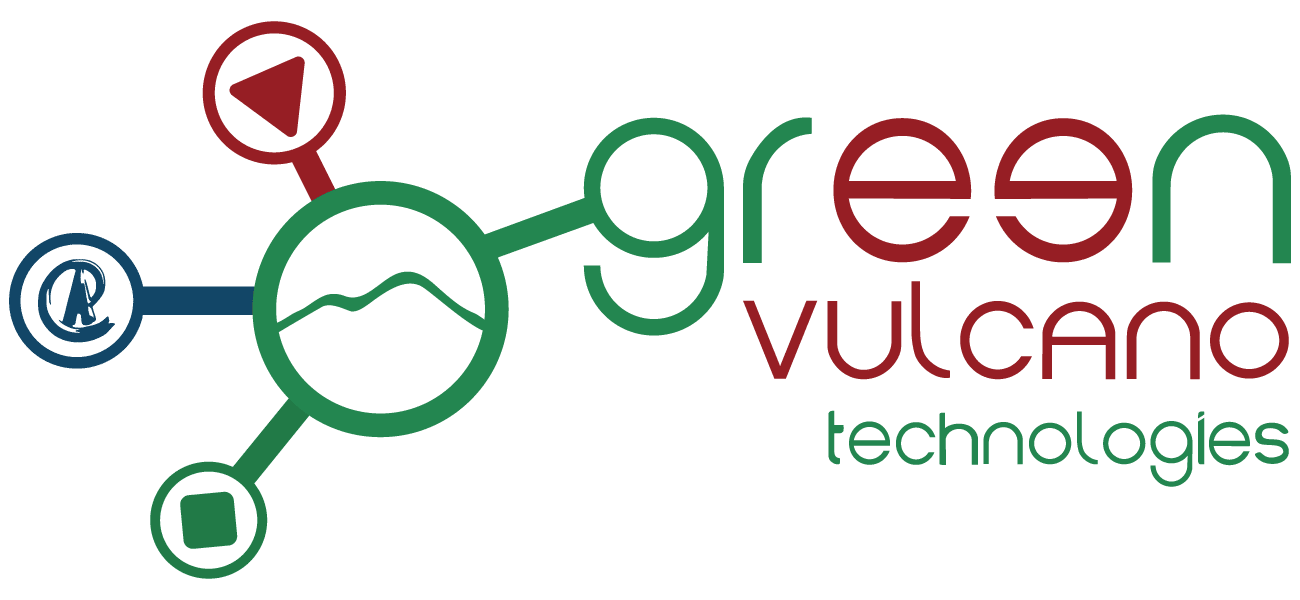Industrial IoT represents such a radical change for manufacturing industries to be considered as the fourth industrial revolution by the analysts.
The modifications to the production structure and the benefits to the business resulting from IIoT have been compared to the innovations brought in by the introduction of the first mechanical tools (end of ‘700), the invention of the first production lines (beginning of ‘900) and by the first automations in the early 70s.
What is IIoT?
IIoT originates from the translation of the latest technologies, both hardware and software, into the world of production, due the promised improvements on company performances, on their work safety, and consequently on their competitiveness.
According to one of the latest Accenture’s research, IIoT could add $14,2 trillion (equivalent to thousands of billions, 1015) to global economy within 2030. Impressive numbers, albeit simple explorations of the future, that give us an idea of the relevance that these technologies are already having for the companies that have been the first to pursue the digital conversion.

Industry infographic
How does IIoT works?
IIoT draws its basic technologies from the Internet of Things, best known for its large dissemination among consumers, perfecting them for a more business oriented use (recognizable for the solutions’ scalability and reliability on extreme situations).
The classical architecture of an IIoT project is usually composed by:
- Sensors located on production machineries, safety devices (i.e. dangerous gas detection), video surveillance and, in general, on every instrument collecting relevant data for the business;
- An IoT platform collecting data from all the sensors installed. This kind of platform usually works on cloud to allow a remote access to data and from mobile. It usually offers a complete set of basic features (data analysis, data filtering according to needs, configurable alerts, customizable insights), and some of advanced ones (algorithms for Machine Learning, AI, filters, customizations).
Usage cases
There are several benefits that a manufacturing company can achieve from implementing an IIot project, that can be differently quantified according to the sector or the particular niche where the company operates, or the complexity of the project.
- Increased efficiency and productivity: specific sensors for the assembly line machineries allow an extreme precision in the calculation of each line’s productivity and to detect possibly defective products. The analysis of these performed by an IoT platform using machine learning allows a global overview of the company productivity and ensures a longer life span of the machinery. In this way can be predicted future damages (i.e. utilizing past statistics or the slightest variation in the machinery functioning) and can be done an accurate trouble detection that allow maintainers to precisely work on the damaged part;
- Increased safety on the work place: sensors can be dedicated to the detection of gas leakages, on detection of unexpected movements around dangerous machineries and so on. This kind of project is conceived to prevent the damage (with pressure sensors on gas canisters, for instance), or to minimize it, whenever it had already occurred, automating calls to the controllers and activating specific safety and emergency procedures (i.e. configuring internal alerts and calls to the nearest emergency)
- Strategic insight: the set of data collected by the sensors, and their analysis performed by the IoT Platforms’ algorithms, give you precise and detailed information on the whole business. This information are strategic for the management of the company to detect bottlenecks, which can be slow down the industrial production, and to efficiently direct future investments.
Future scenarios and benefits
The sooner the manufacturing companies will start implementing these new technologies the greater the benefits they will achieve. In the future will become common to work with completely digital companies and first-movers will have more chances to keep a competitive advantage in their own niche.
GreenVulcano strategic consultants usually suggest companies to start reflecting as soon as possible on the opportunity to convert their businesses and the advantages that can be allowed by the incentives offered by the Italian Government, taking into consideration that costs for these solutions are becoming increasingly lower.
Bearing your business in mind, what difficulties could you solve with these kind of solutions?
Write us to give your feedback or to receive more information on how to start your own IoT project!
The first hour of consultancy is on us!


